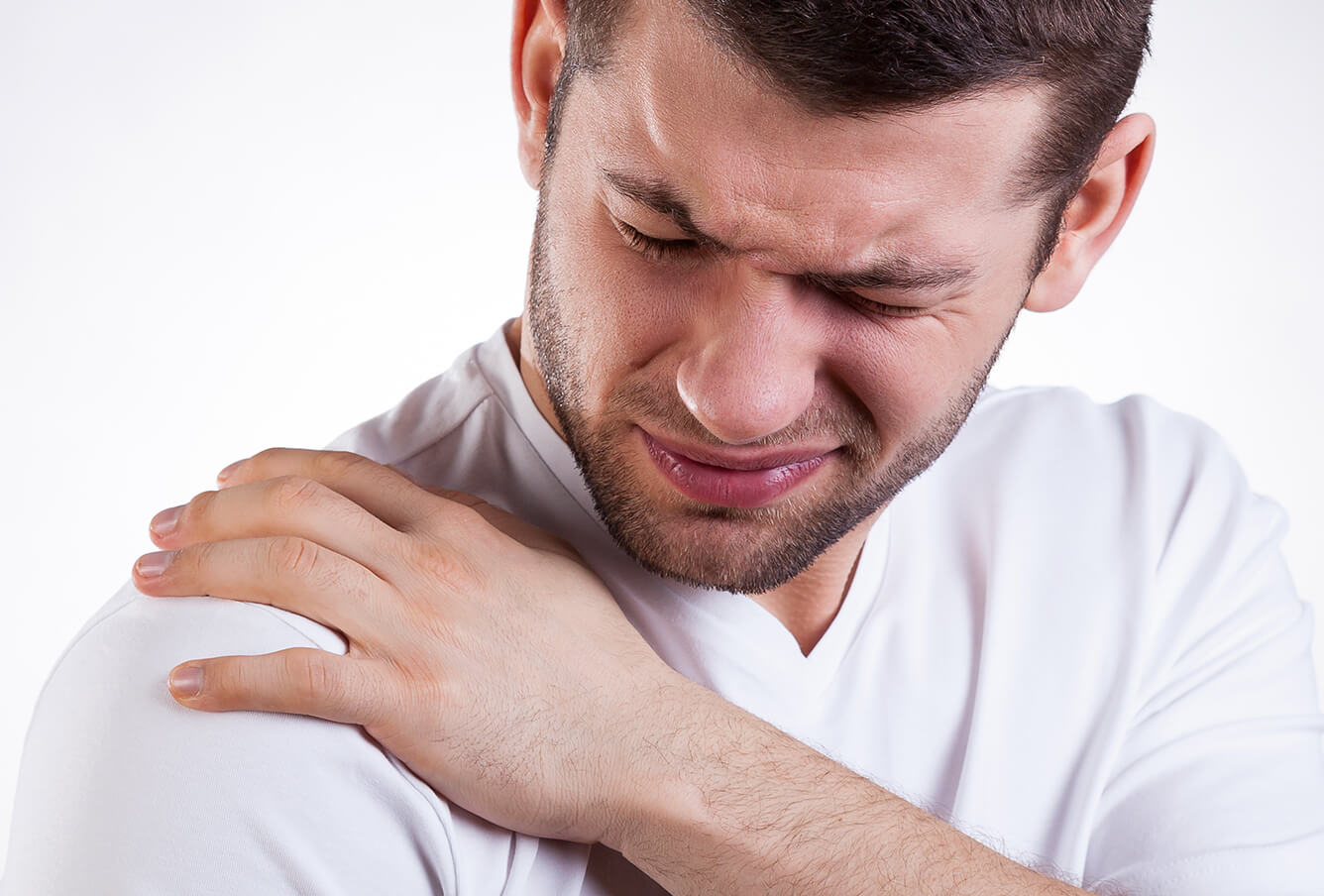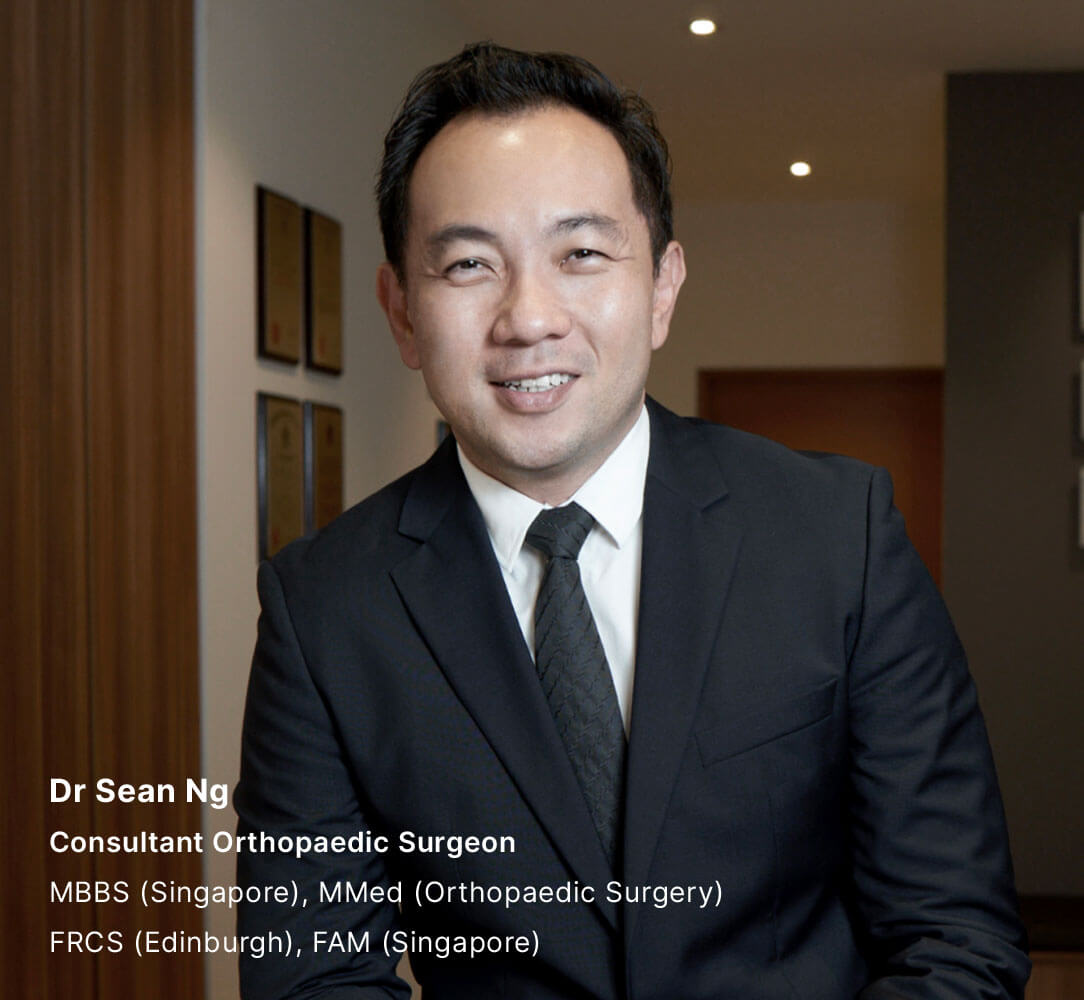
Pain in the shoulder can be a result of injury, disease or overuse. As a highly flexible joint with a wide range of motion – but not much stability – the shoulder is at increased risk of damage.
Pain in the shoulder is also often accompanied by stiffness and swelling. It may be localised exclusively at the shoulder joint, but sometimes it encompasses the muscles and tendons surrounding and supporting the joint as well.
The rotator cuff refers to a group of muscles and tendons that help to keep the head of the humerus in its rightful place—within the shoulder socket. It is crucial to supporting the stability and mobility of the shoulder.
Any form of arthritis inflames the joint and damages the cartilage within the joint. As the cartilage is the padding that absorbs stress, it wearing away can induce pain from the friction of bones rubbing against each other.
Inside our shoulders lie a tiny, fluid-filled sac called a bursa, which serves as a cushion for tendons in the rotator cuff. When inflamed, pain and swelling occurs. People who use their shoulders more often are more prone to developing this (e.g. athletes and labourers).
This occurs when the bone of the upper arm pops out of the socket making up the shoulder joint. As the most mobile and flexible joint in our body, the shoulder is prone to becoming dislocated.
This occurs when the capsule surrounding the shoulder joint thickens and tightens, resulting in stiffness, pain and reduced mobility in the shoulder. It usually develops gradually over time and resolves over the course of a year to three years.
The shoulder comprises numerous structures that, together, stabilises the joint and supports its wide range of motion. If any of them (e.g. bones, ligaments, muscles, tendons) malfunctions or is damaged, the shoulder will become destabilised.
This may be a fracture of the clavicle (collarbone), scapula (shoulder blade bone) or proximal humerus (upper arm bone). The clavicle fracture is the most common form of shoulder fracture, often resulting from a fall.
This occurs when the rotator cuff tendons or bursa become trapped and compressed when the shoulder is lifted during repeated overhead activities (e.g. swimming, tennis, painting), resulting in pain and weakness of the shoulder.

Cove Orthopaedic Clinic is led by Dr Sean Ng, a skilled orthopaedic surgeon with over 10 years of experience managing shoulder conditions. As someone who leads an active lifestyle, he fully recognises the value of conservative treatments. However, if surgery is required, he will utilise minimally invasive techniques for reduced pain and quicker recovery. Dr Ng was formerly a Consultant at the Department of Orthopaedic Surgery at Singapore General Hospital (SGH) and board member of the Medical Board of SGH. He also received further orthopaedic training in Switzerland under the MOH HMDP Award.
read moreWe are Committed to Providing Personalised Treatments that Work and Last
Monday - Friday :
09:00am to 1:00pm & 02:00pm to 5:00pm
Saturday :
9:00am to 1:00pm
Closed on Sundays and Public Holidays